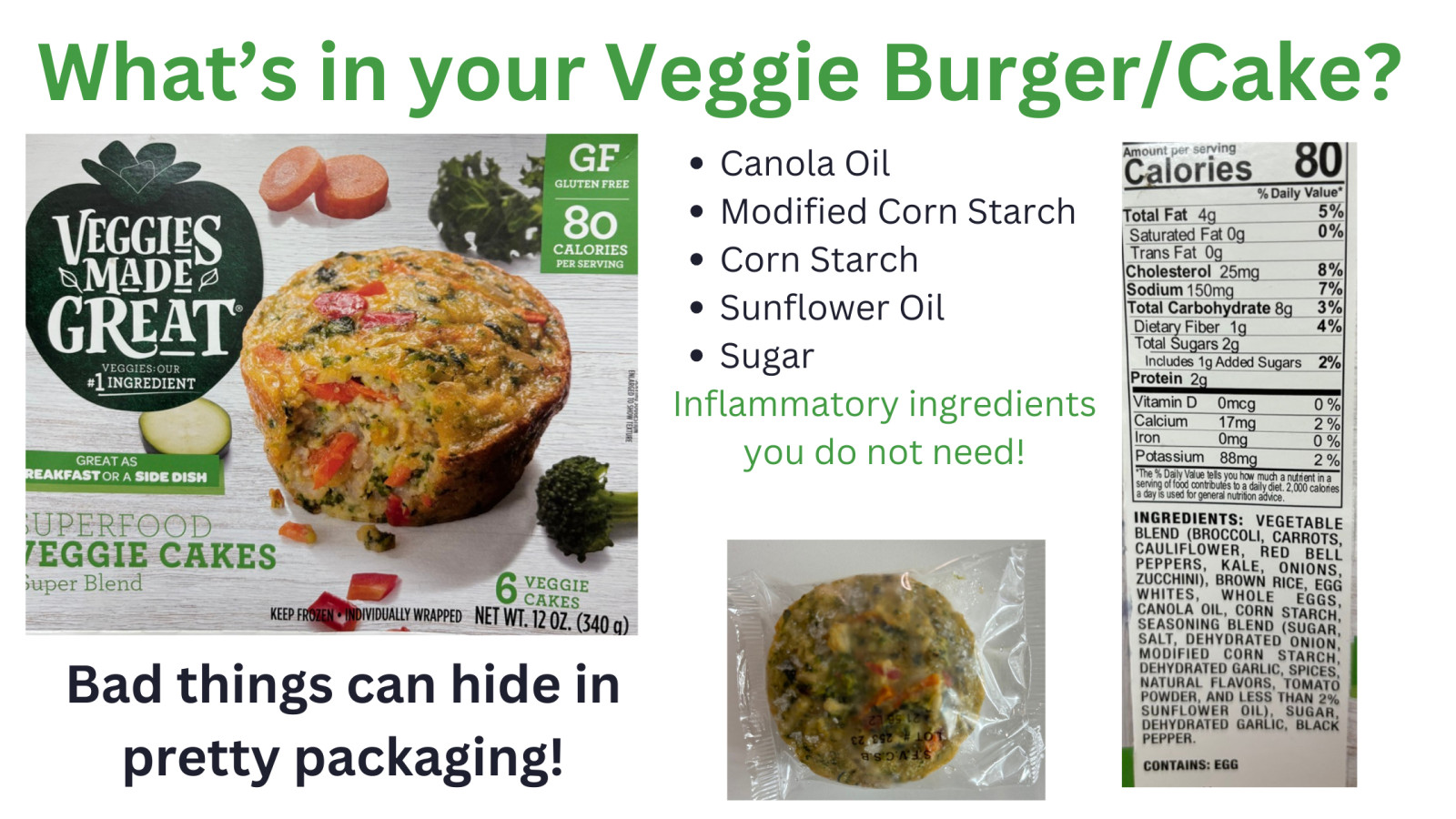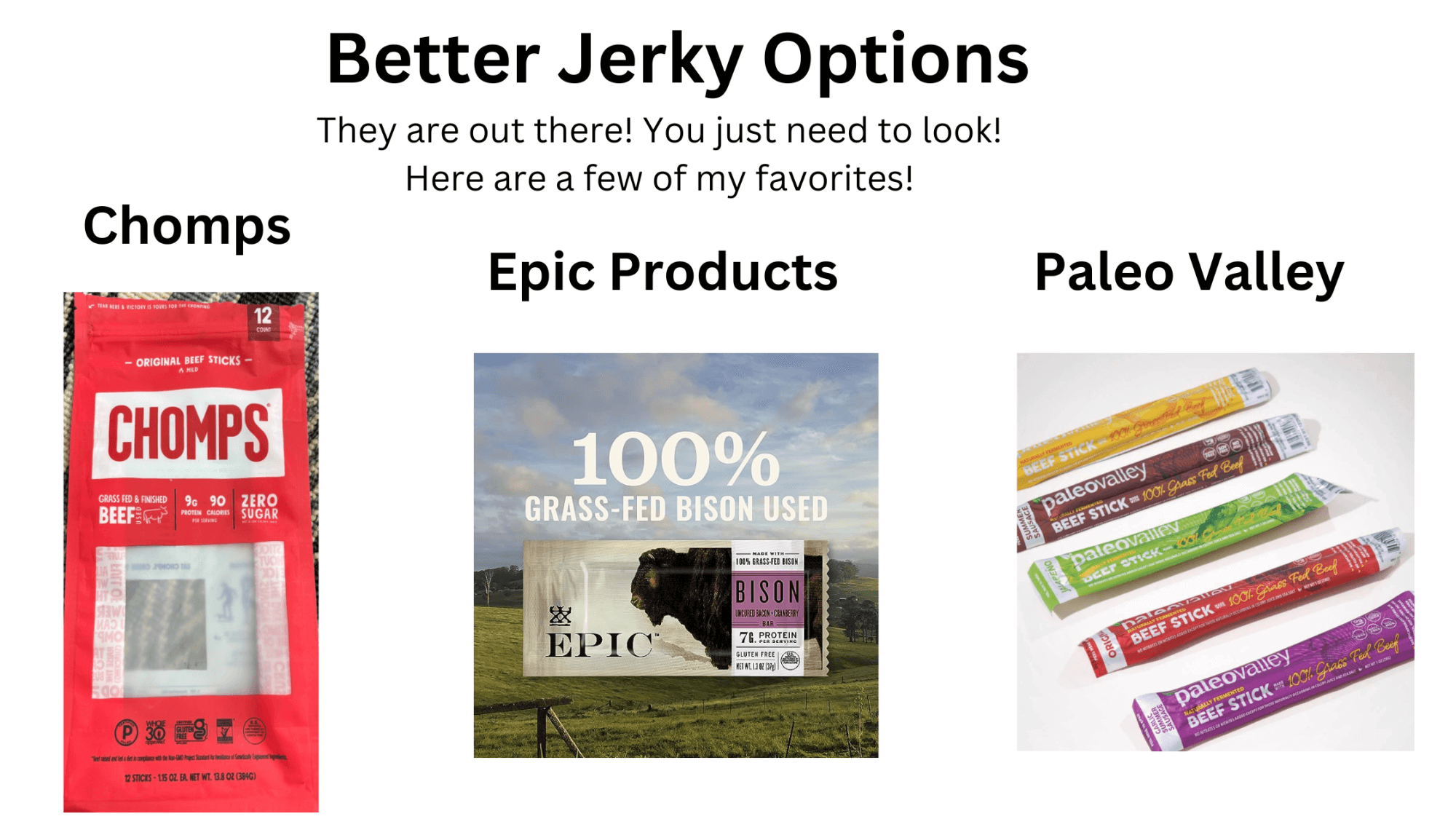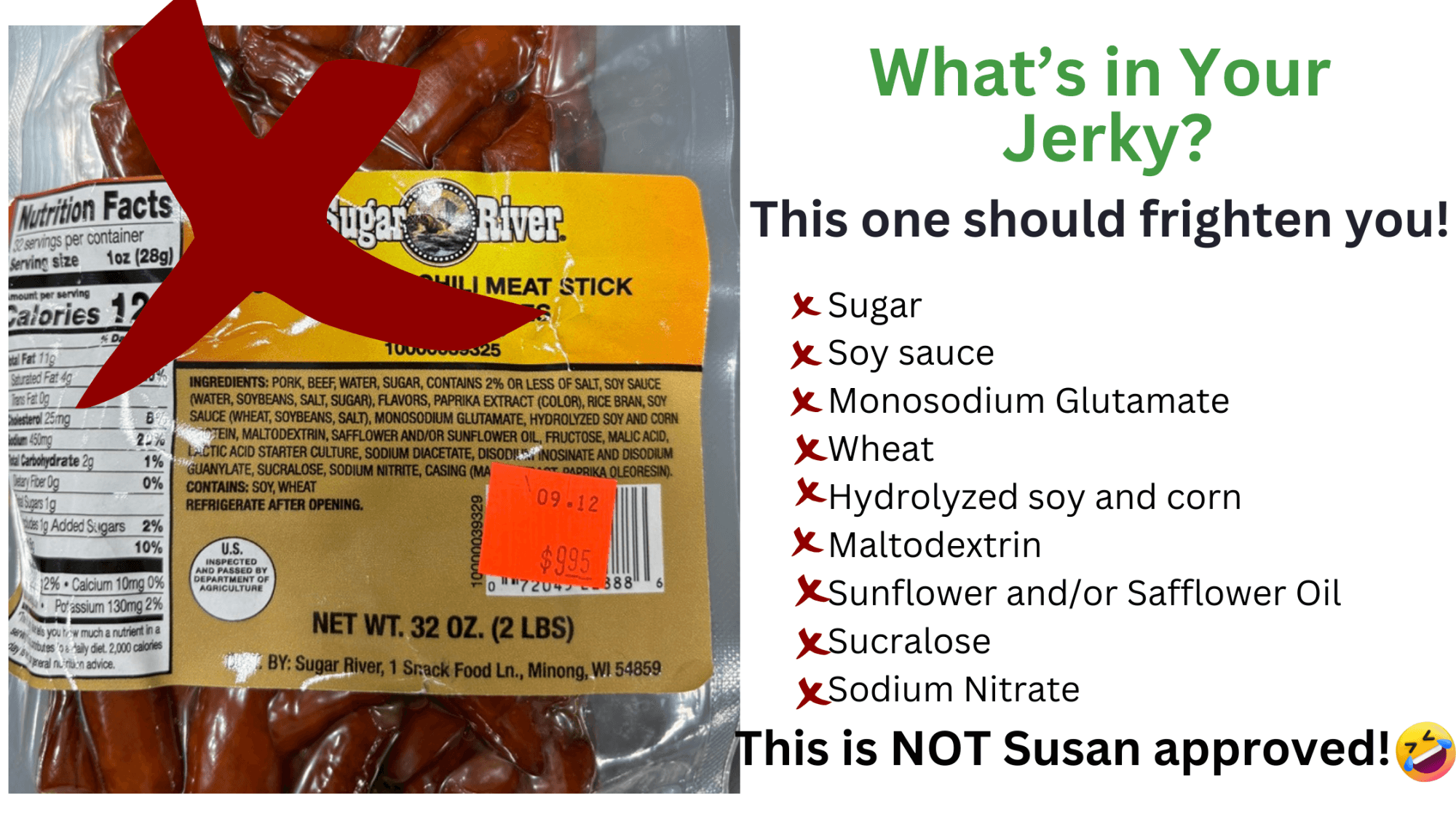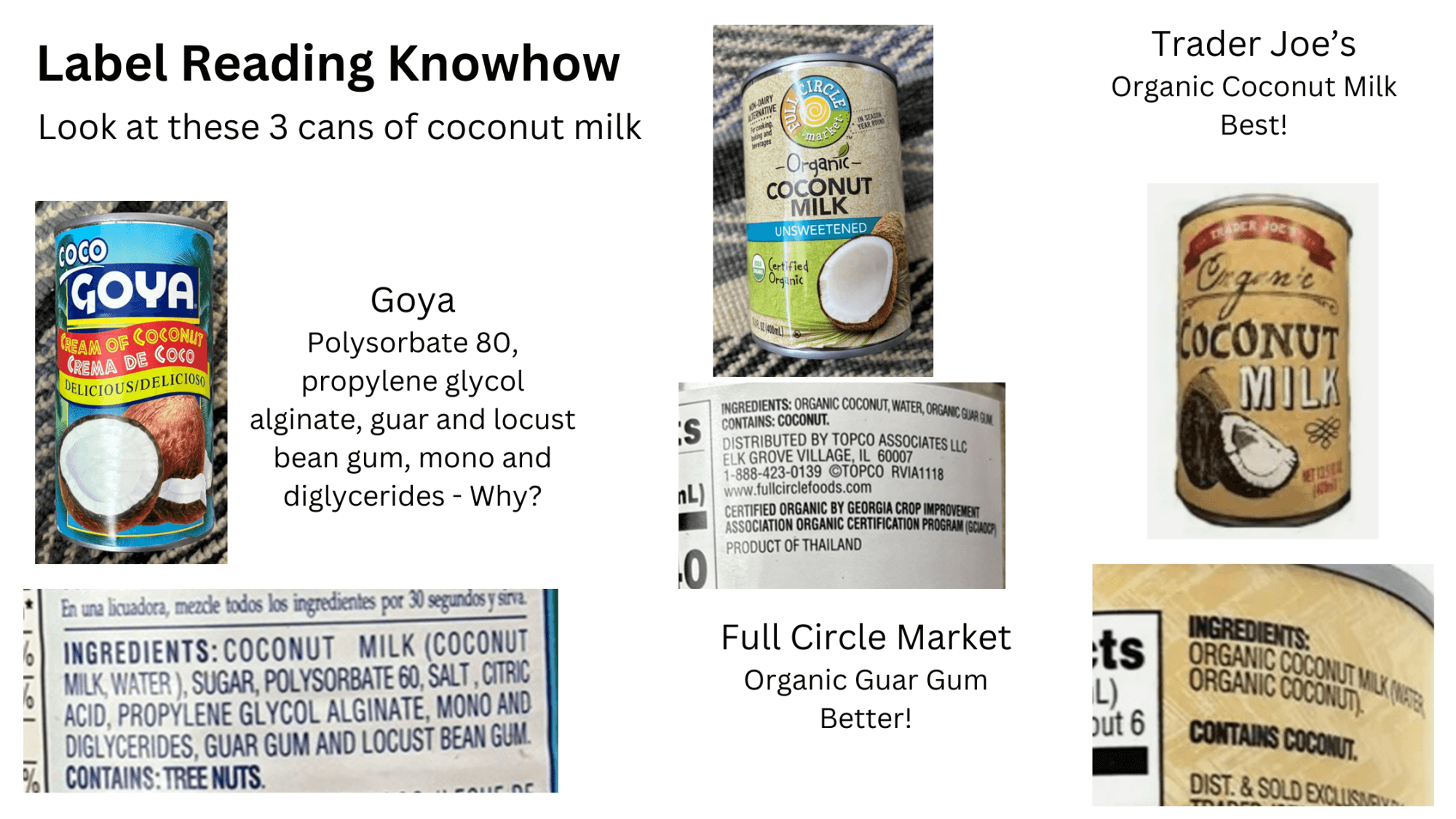





- Paleo Valley is exceptional, online only but offer good sales.
- Chomps can be found at many retailers including Trader Joe’s and Costco.
- Epic bars and snacks are offered in many retailers in single bars or by the box.










GRATEFUL...This describes who I am and what I stand for. I am grateful to have learned from my life, the mistakes I have made, the health challenges I have faced and the obstacles and miracles that have been placed before me. More important, I feel grateful that I was born with a heart and will to want to share what I have and what I have learned with others. I have dedicated my life to working with people just like me who want to change their lives. Especially those who are not sure where to begin but want to try.
Several years ago, I was faced with a big health challenge. At a time when my kids were finally old enough to be more independent and I had a little freedom, I was exhausted, anxious and had lost my zest for life. I could barely keep my eyes open in the late afternoon and by 7 pm I was asleep in a chair. My digestive system was giving me fits! Gas, bloating, indigestion and more (no need for details!). There were days I would not leave the house because I was afraid of what might happen. I began to notice I was more on edge, felt jumpy, and my heart seemed to be racing a little.I felt unhealthy, lost and frustrated because I thought I was living a healthy lifestyle.
A trip to the doctors confirmed that all was not well. My thyroid was out of whack and wreaking havoc on my life. I was put on immediate rest until they could stabilize my body. When given the option of lifelong medication or potentially die, I decided to educate myself on all-natural lifestyle alternatives that might help give my body the support it needed to be healthy again. It was a life changing experience! I learned all the healthy choices I thought I was making were actually doing me harm.
Today I am a healthy, vibrant, prescription free woman heading towards 60 and feeling the best I ever have. I have the zest and energy of someone 15 years young than I am. Best of all, my journey has given me a passion for sharing all that I have learned. My heart goes out to others facing similar predicaments that I know can be improved with simple lifestyle strategies.
I have spent years educating myself and creating shareable resources on living a balanced and healthy lifestyle. I encourage you to join my community and bypass years of trial and error. I have already been there and done that!
I created the Healthy Reboot series where I combine with an online platform and coaching program to provide an interactive journey to better health. I am committed to helping you live a more active and healthy life.
Thanks for stopping by to learn more about me! I would love the opportunity to learn more about you and how I can help you on your health journey...no matter what that might be!
In gratitude,
Susan Johnson. CNHP, CBT